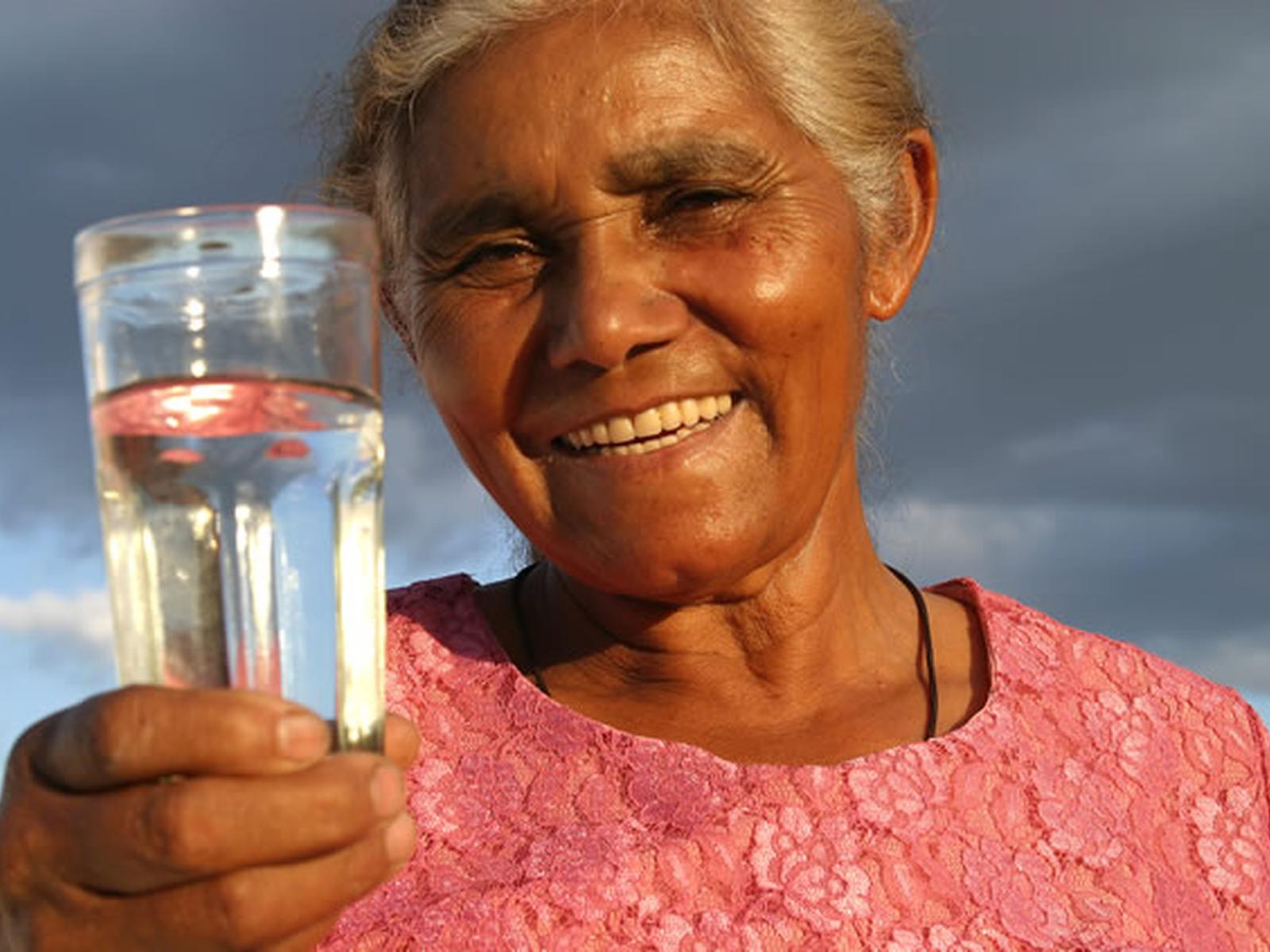
Managing the world’s largest water reserve
Brazil holds 12% of the Earth’s freshwater.
But in some rural and urban areas, lack of infrastructure and pollution make safe access to water difficult.
More than half a million farmers have access to unsafe wells and springs, and almost six million have no water supply in their homes. In cities, more than 20 million have to rely on public sources.
It is a priority to preserve this water, not to pollute it and to make it available to all.
We all depend on the Amazon
We all depend on the Amazon
Some 180 gigatonnes of carbon are sequestered in the largest tropical forest in the biosphere.
Its deforestation aggravates the climate crisis, alters the water cycle, deteriorates biodiversity and threatens the habitat of more than 400 indigenous cultures.
We must avoid reaching a point of no return. Almost 20% of the forest has already been deforested, an area slightly larger than Portugal, and another 38% is being degraded.
This is a challenge that will be met with cooperation: although it owns most of the 6.7 million km² of the Amazon, Brazil shares it with eight other countries.
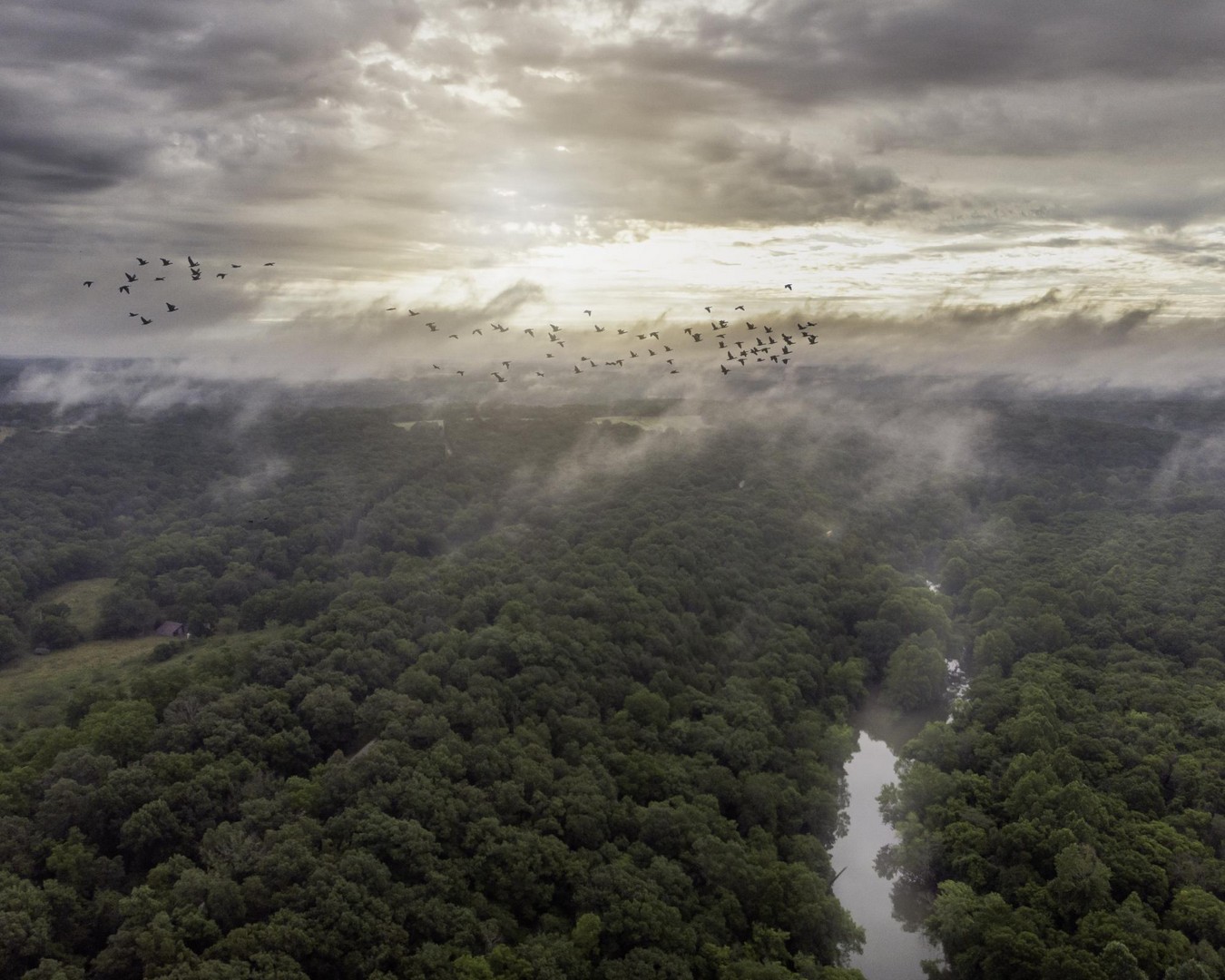
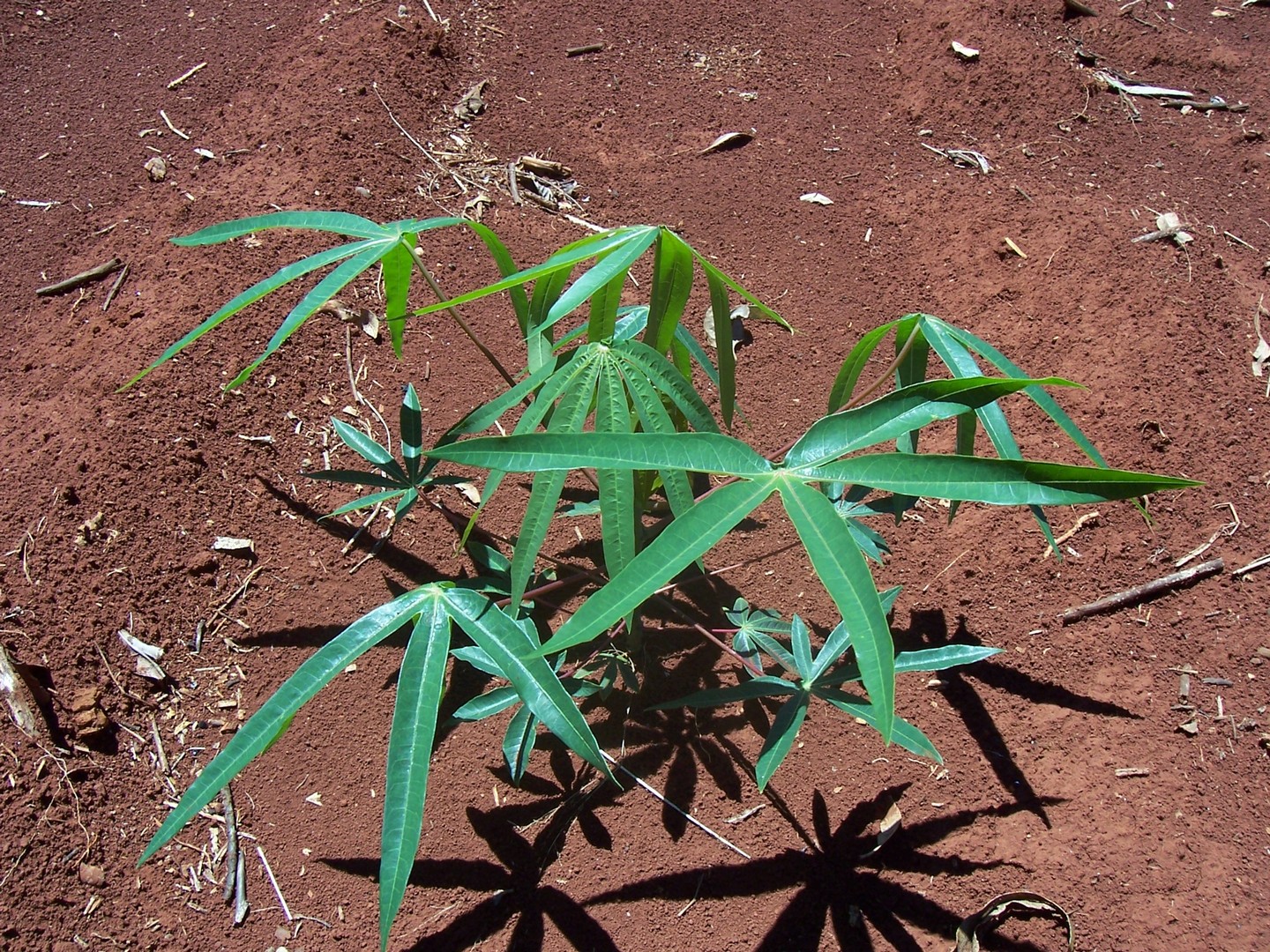
The agricultural challenge is water
Brazil is one of the largest producers of key products for global food security.
Climate change and intensive agriculture are deteriorating much fertile soil.
The climatic diversity of the agricultural regions allows for all types of crops. There is a need to balance agriculture with the environment and to achieve proper water management of the immense aquifers.
It is a great territorial challenge: diversifying crops, introducing sustainable agricultural practices and empowering communities, recovering ancestral methods.
Sanitation for health and the environment
Safeguarding environmental wealth requires full wastewater treatment.
Basic sanitation coverage is insufficient in many regions. Only half of Brazilians have it.
In rural areas, 200,000 people still do not have latrines and more than nine million have inadequate facilities that do not guarantee health. 79 million peasants have to share latrines without disposing of excreta on site. Overcoming the sanitation challenge is the basis for the development of human potential.
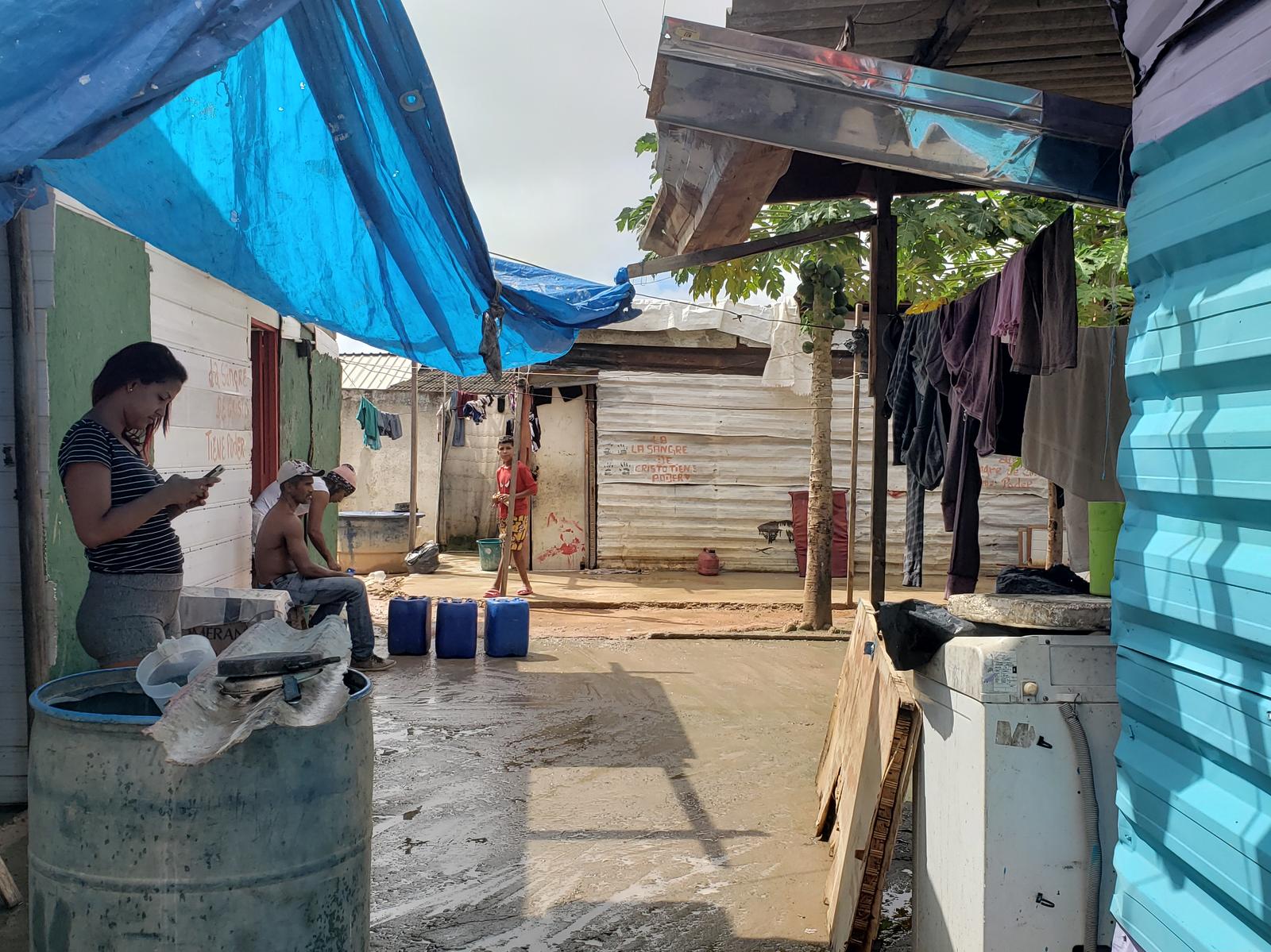
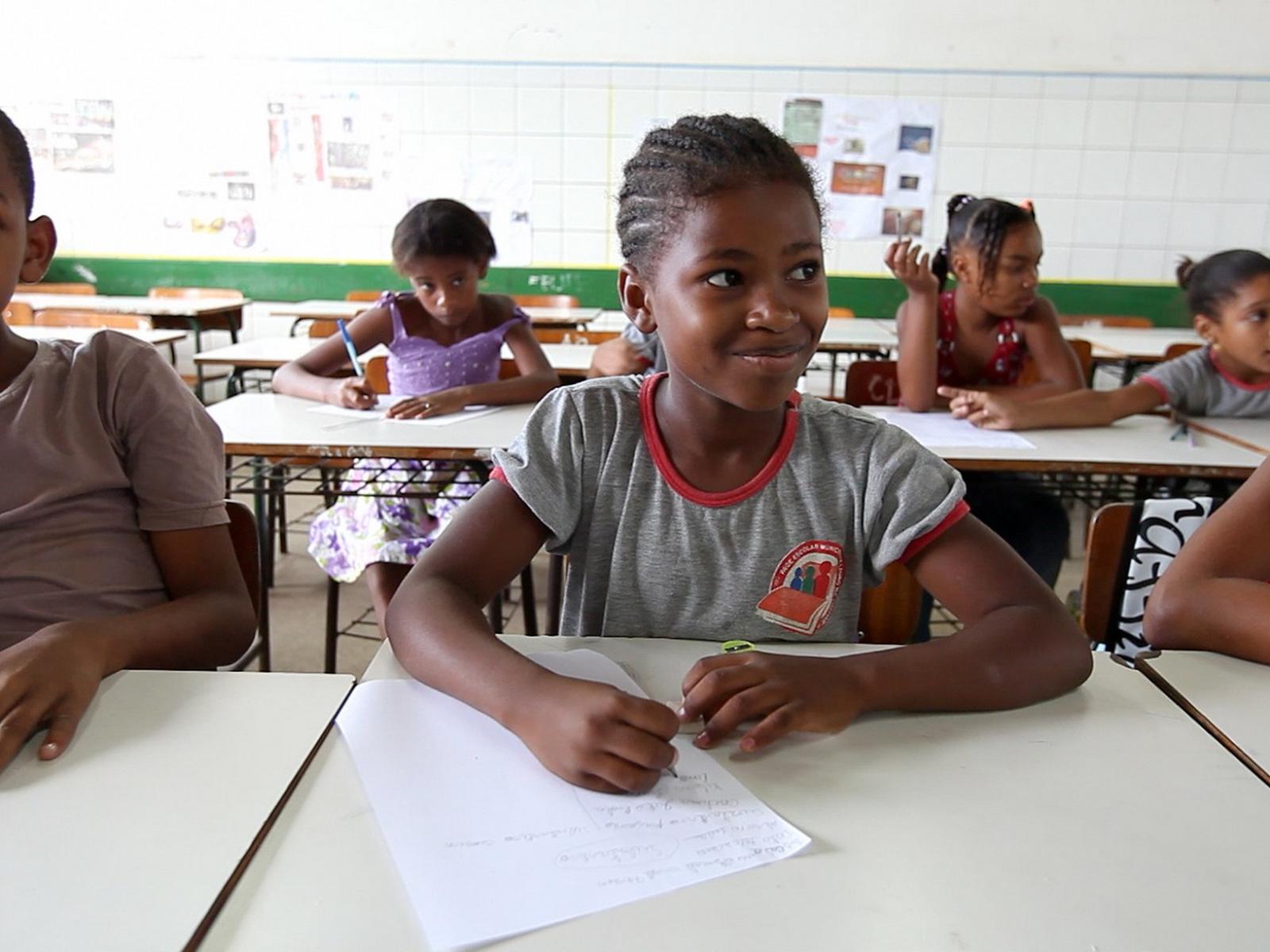
Schools, the great power of the future
Education is survival and the future for young people in rural and slum areas.
5.5 million schoolchildren have no water supply in their schools and 1.7 million pupils have no sanitation.
Knowledge of the water cycle and its relationship with crops and environmental balance enables the development of effective water stress adaptation programmes.
Ensuring education in urban slums is the basis for providing future prospects for communities and moving towards territorial rebalancing.

